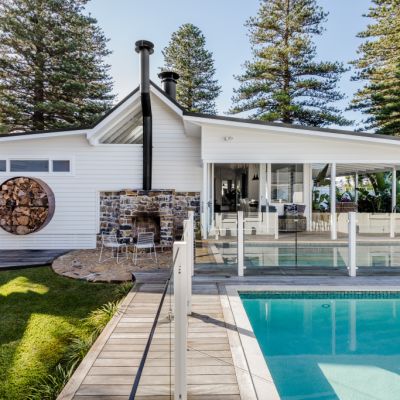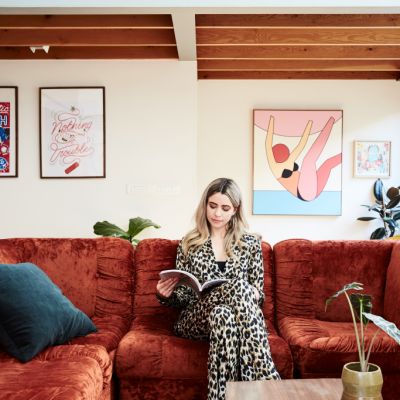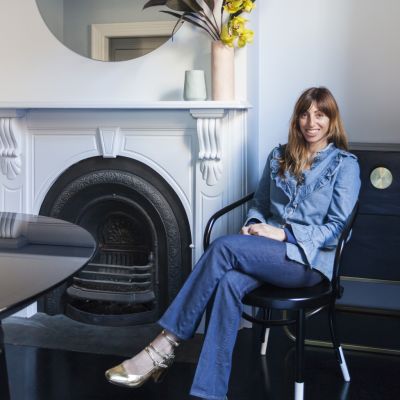Home Work: The family teaching all things organic living
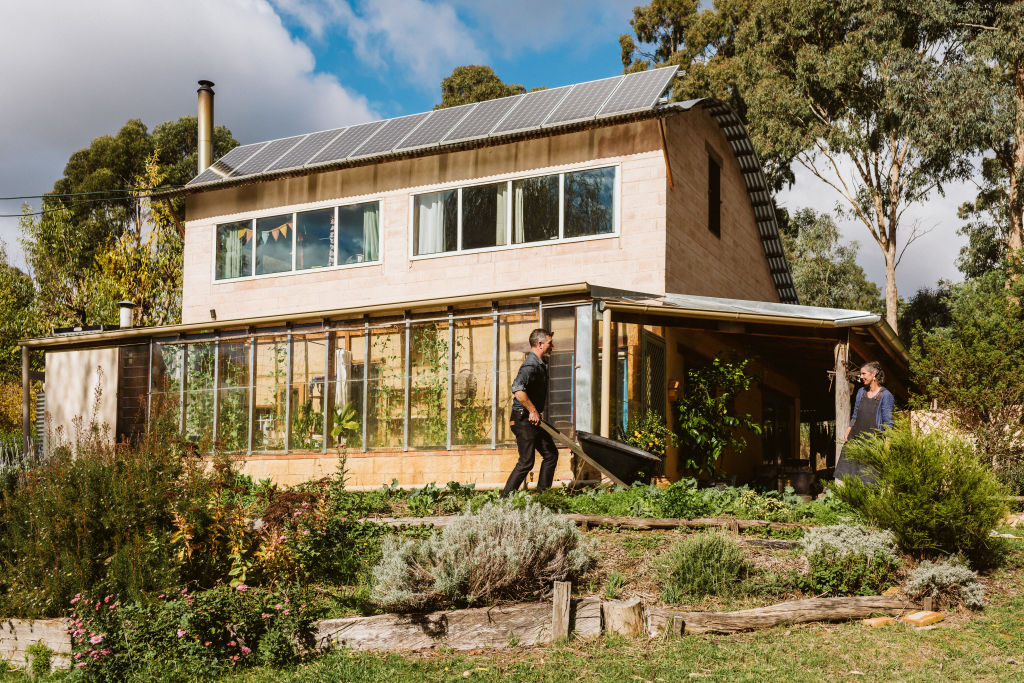
For over a decade, Kirsten Bradley and Nick Ritar have been running Milkwood, a permaculture education centre teaching anything from gourmet mushroom cultivation to how to start an organic market garden.
It’s a livelihood that has somewhat taken them by surprise. Previously, the pair were both self-employed artists, and permaculture started as an extension of their art projects.
Based at Melliodora in Hepburn, Victoria, Kristin says the focus is “to be a support for local farmers”, which means being “inter-sufficient” rather than self-sufficient.
The couple lives in a mud brick cottage with their ten-year-old son Asher, and divide and conquer everything from school drop off to running the homestead.
“It’s harder to find the hours where we both sit down and focus on the same thing,” explains Kirsten. “Even if we are both in the garden, I’ll be harvesting corn and Nick will be fixing the solar pump – even though we live and work together, the amount of chatting time is a lot smaller than you’d think!”
From milking the goats, to setting up online courses, Kirsten steps us through the permaculture life her family has shaped, and the hands on approach to working from home it brings.
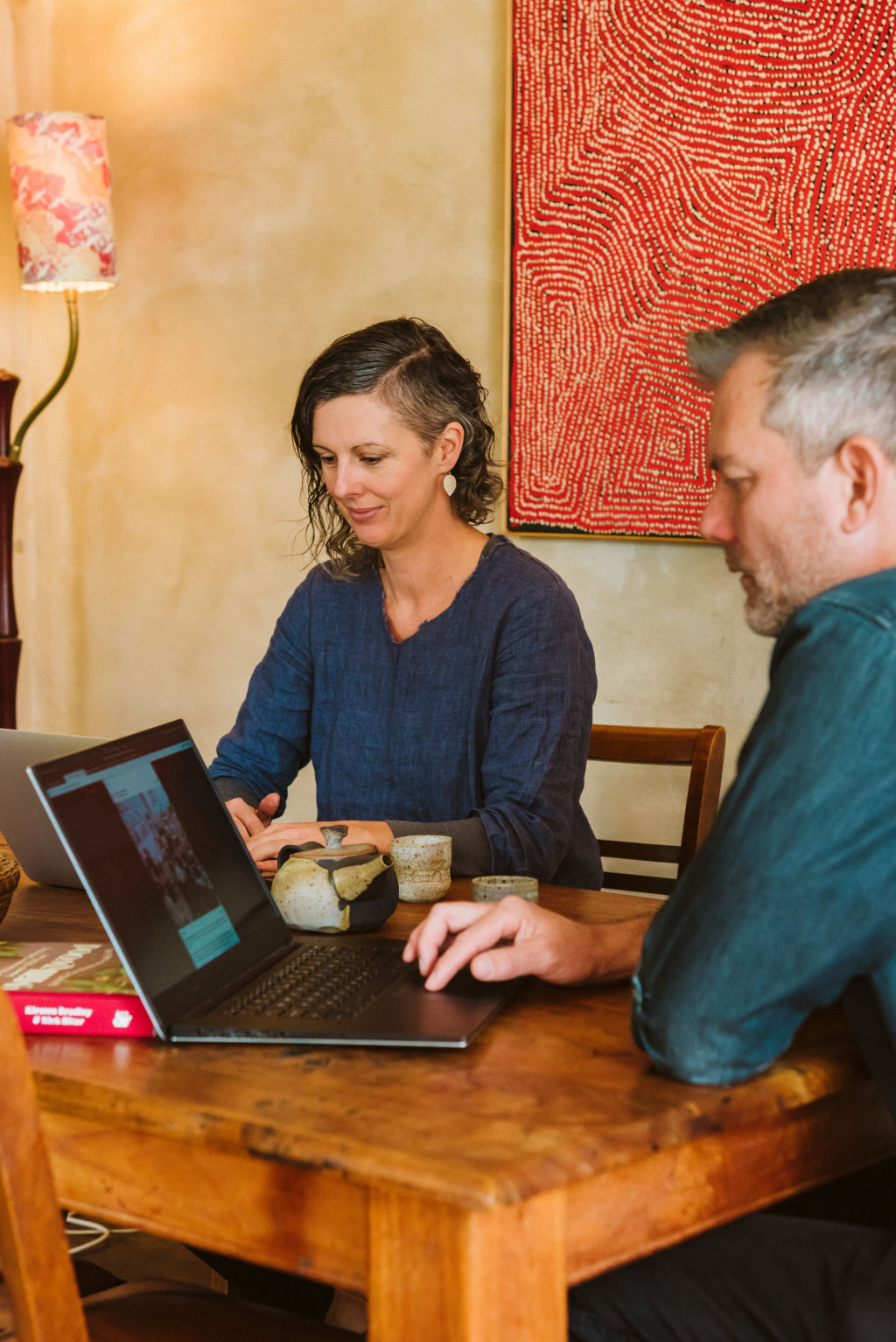
WORK ROUTINE
Morning
I try to get up at about five in the morning because that gives me about two hours of quiet to do focused work before the rest of my family gets up. I know that getting that chunk of work done before breakfast helps ensure a good day because I know I’m off to a good start. Nick gets up a bit later and three or four days a week one of us will milk the goats.
When our son Asher gets up one of us does all the before-school bits and pieces and the carpool drop off to school.
The other will usually get to work, either outside in the garden doing everything from seed raising and planting, to harvesting, processing and pruning, or inside doing more work at the computer.
We will usually divide our week up into tasks – we have a Milkwood-focused day, a garden-focused day and an online courses-focused day. It’s a very seasonal environment, too, so we’re always racing trying to get stuff done before it rains or it gets too hot or too cold.
Midday
If we are working the garden, we will generally eat a delicious homemade spread of whatever is in the garden, that’s always a lovely get-together. If we’re working indoors, we’ll eat leftovers, generally.
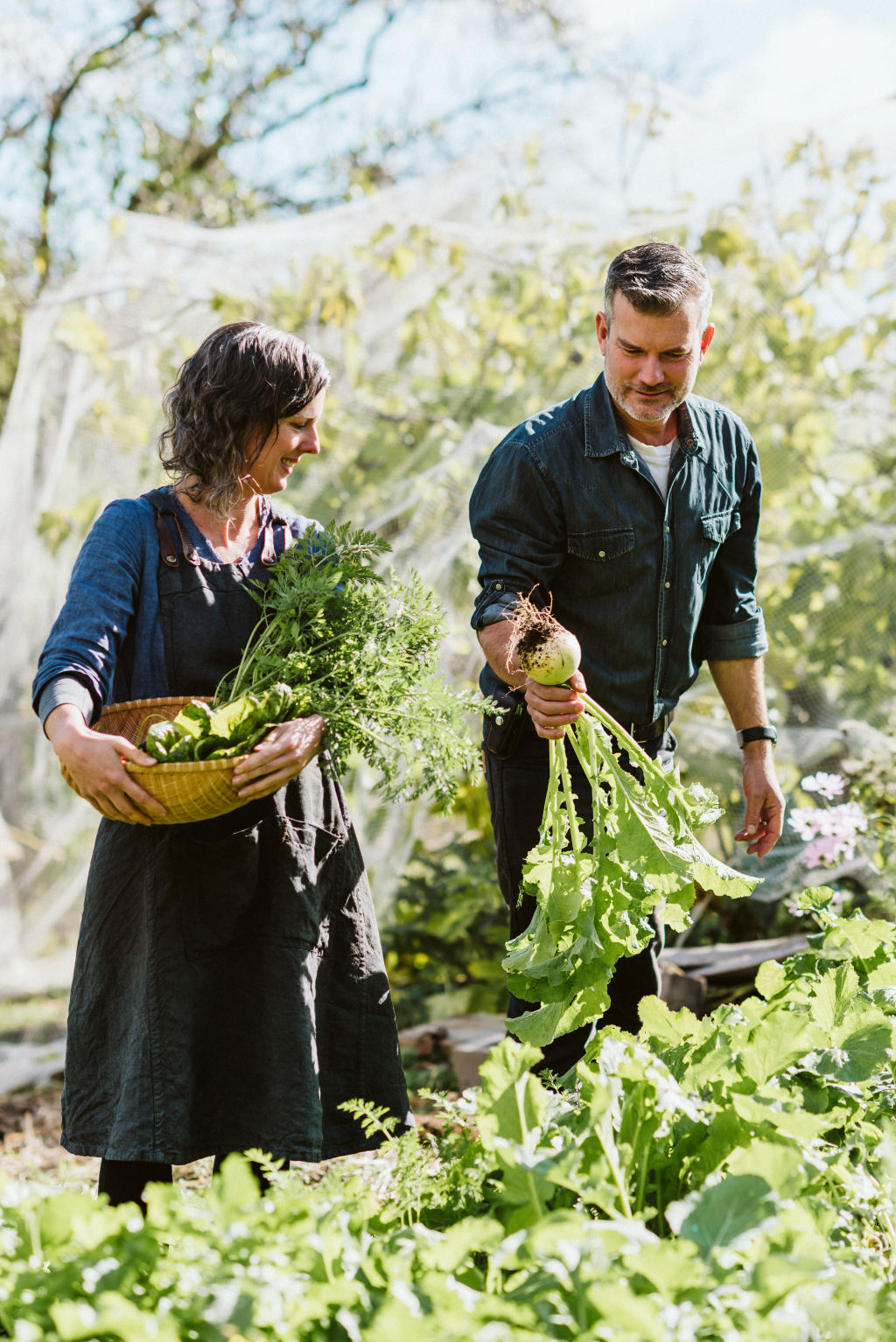
Afternoon
Some days just go completely awry – if the goats get out or something, then all bets are off and you have to run off and chase the goat down the gully!
Sometimes there are large interludes and sometimes there are small interludes – the thing about working from home is the temptation to clean the kitchen or something, but you have to do a big chunk of work first. Some days we succeed more than others in being disciplined, but part of the beauty of working from home is also the ability to do some work for an hour and then start cooking a soup before coming back to the computer.
It’s wonderful to be drawn outdoors, too. If we get stuck, we can go plant leeks or something. When you get it right, it’s a really great balance between deep thinking work and work that utilises your entire body to solve a problem.
Once Asher comes home from school, one of us might scoot up the road to a friend’s shed we’ve hired out as an office and the other person will hang out with Asher.
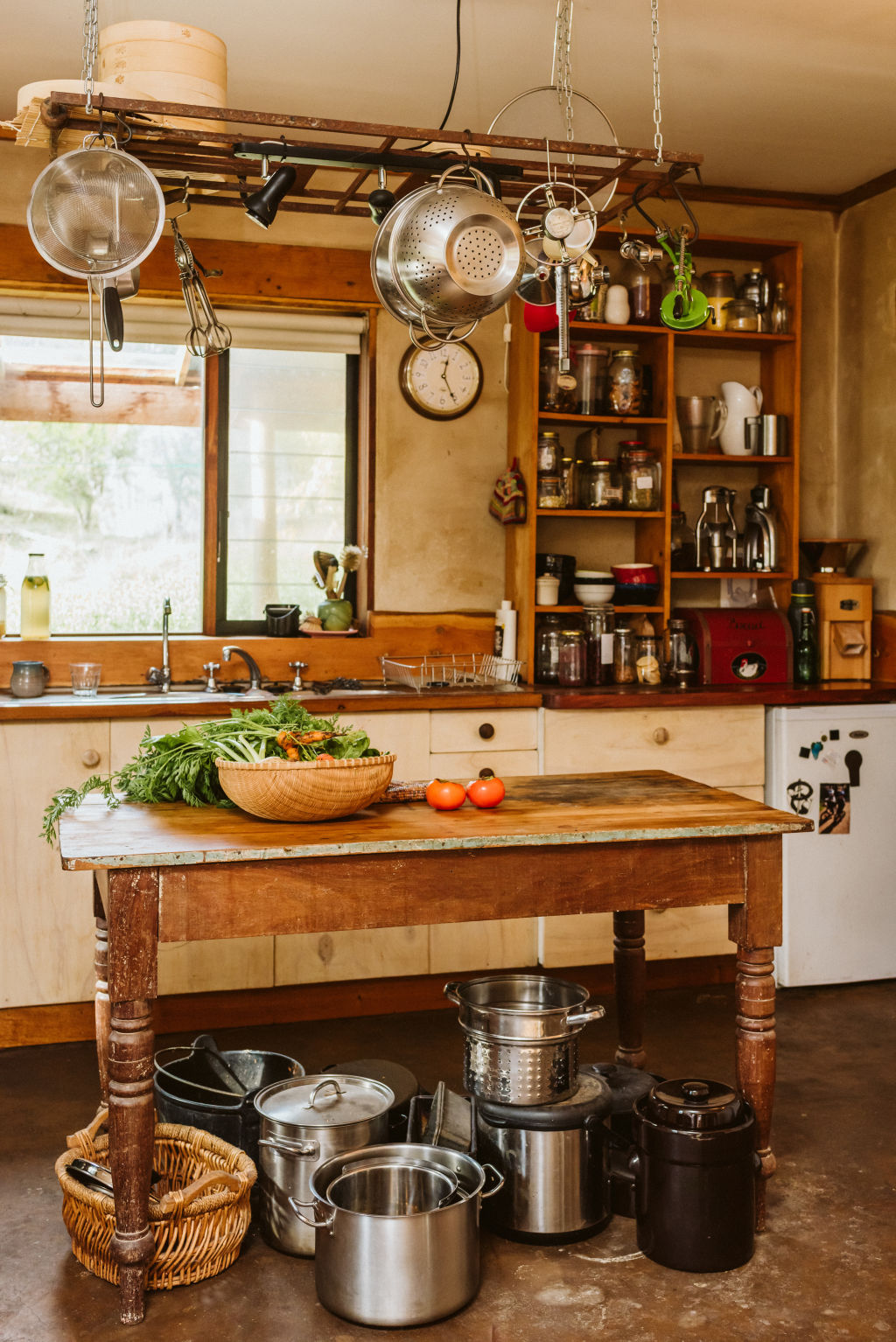
Evening
There’s a whole lot of bottling and preserving that we usually do in the evening once everything’s calmed down and we’ve run out of light.
Then one of us will make dinner. It’s usually pretty quiet – there’s lots of reading and a big pot of herbal tea sitting on the wood stove – unless there’s something on like a story slam or community event, in which case we all go off to that.
Bedtime
If we wind down properly I’m usually in bed by 9pm, but if we’ve discovered something new on Netflix then that’s not the case. But then it’s harder to get up at 5am!
Working from home tip
As a couple who live, work and raise a family together, often those moments to connect occur outside the home.
We thought you might like
States
Capital Cities
Capital Cities - Rentals
Popular Areas
Allhomes
More
